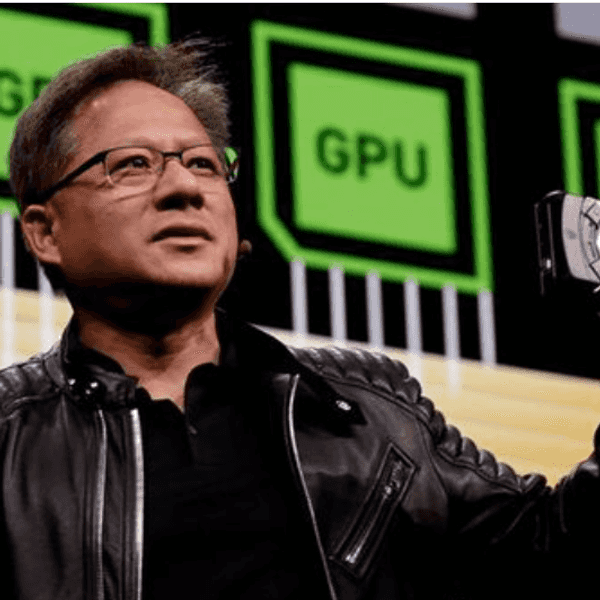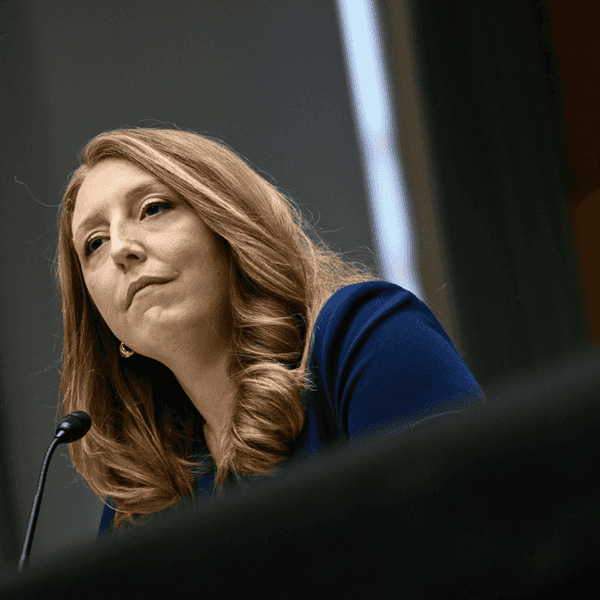
By Henry Chu, Los Angeles Times
LONDON — The European Union on Tuesday named Russia’s military chief of staff, deputy prime minister and other members of President Vladimir Putin’s inner circle as new targets of sanctions in response to the worsening political tumult and security crisis in Ukraine.
Also added to the EU’s blacklist were two deputy chairmen of the parliament in Moscow, the head of military intelligence and pro-Russian separatists accused of fomenting unrest in eastern Ukraine, where militants have seized government buildings, detained official international monitors, threatened journalists and shot a mayor in the back.
Foreign ministers from the EU’s 28 member states had agreed Monday to slap sanctions on 15 more individuals but did not publicly identify them until Tuesday. The move came after the United States also expanded its list of high-profile Russians under sanction.
But unlike the U.S., which has gone after oligarchs and leaders of Russia’s economy, Europe has confined its restrictive measures to political and military figures. The EU relies heavily on Russian energy and trade, and is divided over stronger action against Moscow that might hurt Europe’s own economic prospects.
Still, EU leaders have been alarmed by the escalating breakdown of law and order in eastern Ukraine as well as Russia’s alleged abetting of the destabilizing forces there in defiance of an international agreement, to which Moscow is party, to defuse the tension.
“The downward spiral of violence and intimidation undermines the normal functioning of the legitimate state institutions” in eastern Ukraine, said Catherine Ashton, the EU’s top diplomat. “A number of people have been killed, wounded, tortured or kidnapped in the last few days.”
She called on Russia to abide by the diplomatic agreement reached in Geneva earlier this month to try to restore calm in the region, which includes the disarming of militant groups.
Many analysts say that although Moscow is probably not contemplating a full-scale invasion or annexation of eastern Ukraine, as happened with Crimea in the south, it has an interest in stoking tensions there to keep the Ukrainian government in Kiev off-balance and to maintain influence over its neighbor.
The EU has repeatedly warned that it will move on to broader economic sanctions against Russia if the situation does not improve. But officials have refused to specify exactly what actions on Moscow’s part or developments on the ground in Ukraine would trigger such a step.
Among those placed under sanction Tuesday were Russian Deputy Prime Minister Dmitry Kozak; Ludmila Shvetsova and Sergei Neverov, deputy chairs of the Russian parliament who initiated the legislation to annex Crimea; Valery Gerasimov, the military chief of staff, who has overseen the deployment of tens of thousands of Russian troops along the border with Ukraine; and Igor Sergun, head of Russia’s main intelligence directorate.
Sergei L. Loiko/Los Angeles Times/MCT








